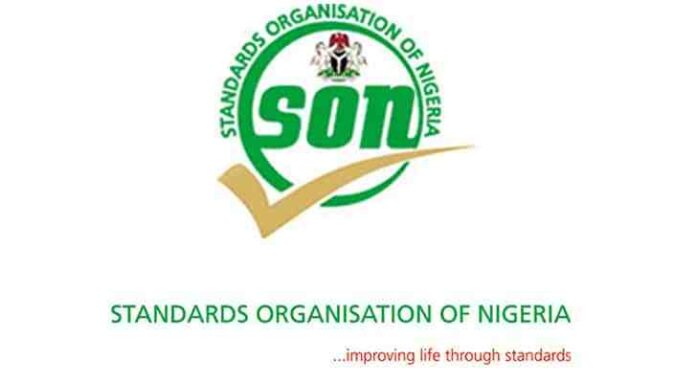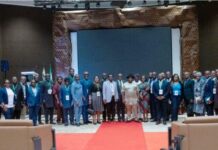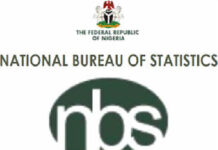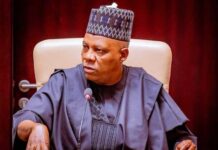The Renewable Energy Association of Nigeria (REAN) has stated that there is the need for the Standards Organisation of Nigeria (SON) to operate in the…
The Renewable Energy Association of Nigeria (REAN) has stated that there is the need for the Standards Organisation of Nigeria (SON) to operate in the renewable energy (RE) sector to stop the importation of substandard products that are unsafe for users.
In a communique at the end of its workshop in Lagos, the REAN expressed concerns on the proliferation of renewable products with less safety and standardisation due to connivance between peddlers of fake products and consumers who want quick and affordable energy solutions as they compromise on quality in a bid to cut costs.
It therefore called on the need for increased enforcement on the use of only certified products in RE projects.
“Stakeholders emphasised the need for the Standards Organisation of Nigeria (SON) to begin to operate in the RE sector as NAFDAC does in the health sector, to track down defaulters, confiscate their counterfeit components and bring them to book. A new and dedicated regulatory body could also be commissioned to address these issues. REAN is willing to work with SON on driving the enforcement of standards in the RE sector.”
The communique also stated that there is currently a lack of collaboration with industry players, adding that there are inadequate government policies supporting the Energy Transition Plan (ETP) as implementation strategies are yet to be seen.
“This is raising uncertainty as there is also lack of monitoring and evaluation. Stakeholders are calling for increased transparency and monitoring and evaluation on the ETP. Decarbonisation strategies are costly and detached from the reality of low-income populations but transition to renewables will save huge costs in the long run. Nigeria’s heavy reliance on crude oil and other fossil fuels remains a concern but the Nigeria 2023 Electricity Act stands as a beacon of hope since it supports the decentralization of power generation and allows states to now generate their own electricity.”
It noted that there are existing good amounts of funds available in investments for ETP but there is a huge dearth of technical expertise in the sector for the deployment of mini-grids, solar home systems, C&I and clean cooking solutions.
It stated that renewable energy alternatives available in the country remain prohibitively expensive for the majority of the population, particularly those living in poverty.

























